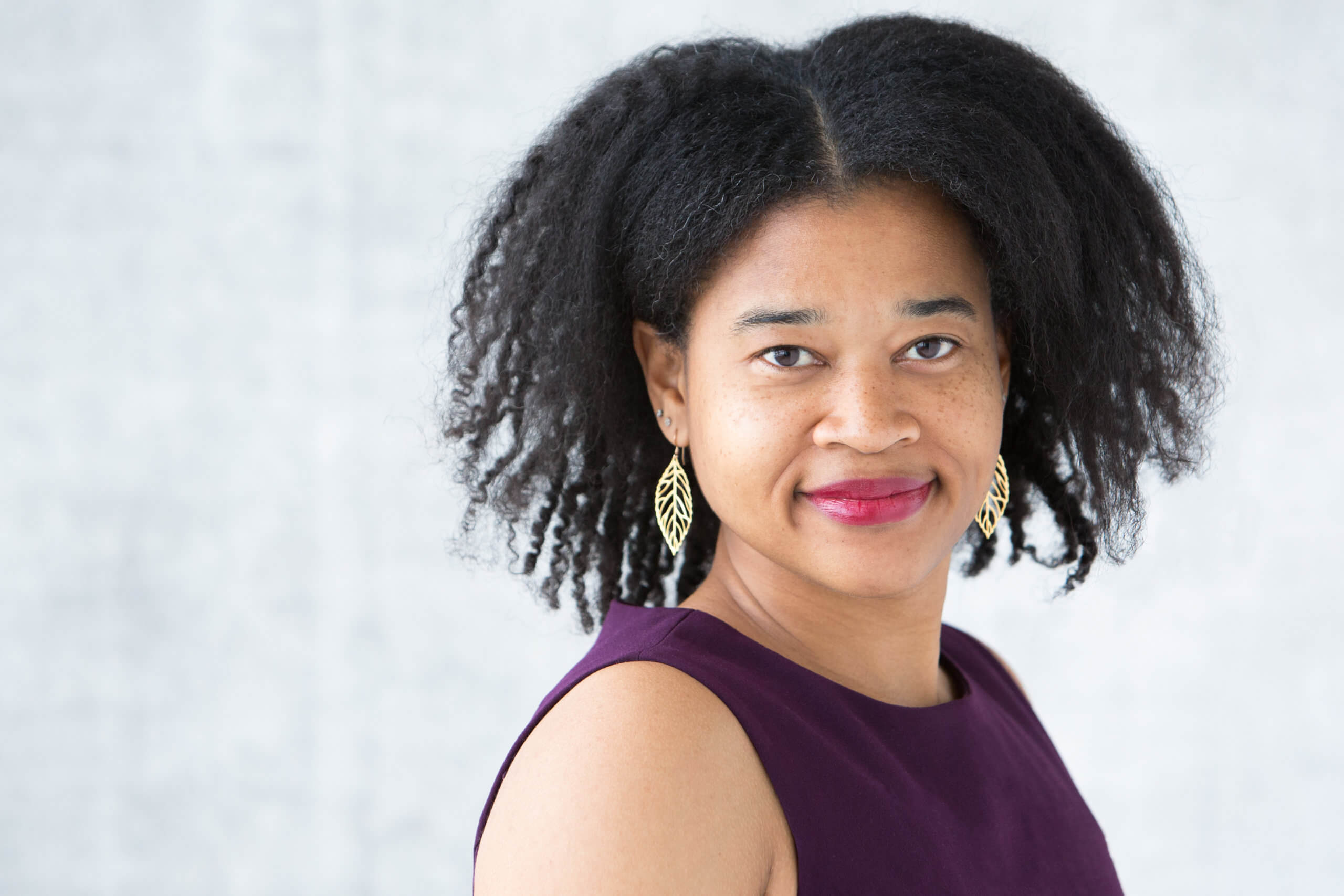Blog
Voices from the Sector: Begin Again: Urgent Lessons for Philanthropy
We are elated to share our recent interview with Carmen Rojas, PhD, President of Marguerite Casey Foundation, and Rev. Dr. Starsky D. Wilson, President and CEO, Deaconess Foundation.
Begin Again: Urgent Lessons for Philanthropy, pays homage to Eddie S. Glaude Jr.’s most recent book, Begin Again: James Baldwin’s America and Its Urgent Lessons for Our Own. In the words of John Meacham, the book “challenges, illuminates, and points us toward if not a more perfect union then at least a more just one.” This conversation aims to challenge, illuminate, and inspire more just philanthropy.
- [2:50] In the opening chapter of Begin Again, Glaude writes about “the lie” saying, “Taken as a whole, then, the lie is the mechanism that allows, and has always allowed, America to avoid facing the truth about its unjust treatment of Black people and how it deforms the soul of the country. The lie cuts deep into the American psyche. It secures our national innocence in the face of the ugliness and evil we have done.” Recognizing that the spoils of philanthropy have been stolen through extraction and exploitation, what is the lie of philanthropy?
- [15:31]“A new story doesn’t mean that we discard all the elements of the old story, nor does it mean that we dwell only on our sins. Instead, we narrate our national beginnings in light of our contradictions and our aspirations. Innocence is left aside. Who we aspire to be, without the safety of the lie, should always organize the stories we tell ourselves about who we are.” I am reminded of the brilliance of The 1619 Project which refutes the traditional historical narrative and rightly frames American history around slavery and the contributions of African Americans. What are the origin stories of your respective philanthropies and how do you hold the tension between the problematic history of racialized capital and the opportunity to begin again?
- [19:09] Sticking with this theme of tension, I’m often struck by the contradictions rampant in philanthropy. Foundations have excess tax-free capital that can catalyze dreams, while those same power brokers simultaneously look for “safe” bets. Jara Dean-Coffey with the Equitable Evaluation Initiative names a tension of “building a thing versus moving a body of work,” where she calls out the realities of capitalistic culture and a deeply held belief that more is better…that perpetuity suggests stability and impact. Where do you think the prioritization of pragmatism comes from?
- [33:22] Dr. Rojas: Last year you wrote a piece titled, The Problems With Philanthropy, and What We Can Do to Fix Them, where you offered: “I dream more about ending racial capitalism than I do about diversity, equity, and inclusion. I dream a lot about us and the greatness that we can achieve when giving to and of each other is incentive enough.” What are the pre-conditions or the fertile soil to end racial capitalism? To begin again, what founding principles would you as a founding mother rebuild upon?
- [45:48] Dr. Wilson: Working with Deaconess Foundation to conduct the Power Moves assessment developed by NCRP which emphasizes interrogating power was illuminating. Will you share 1-2 reflections or examples of how Deaconess works to address power using the principles of trust-based philanthropy?
- [55:28] As part of Black & Bold: Perspectives on Leadership, I have interviewed over 70 Black women leading in the social sector. I’d like to borrow a question from that series to close out our conversation: What kind of ancestor do you want to be and why?


This is beautiful. Thank you.